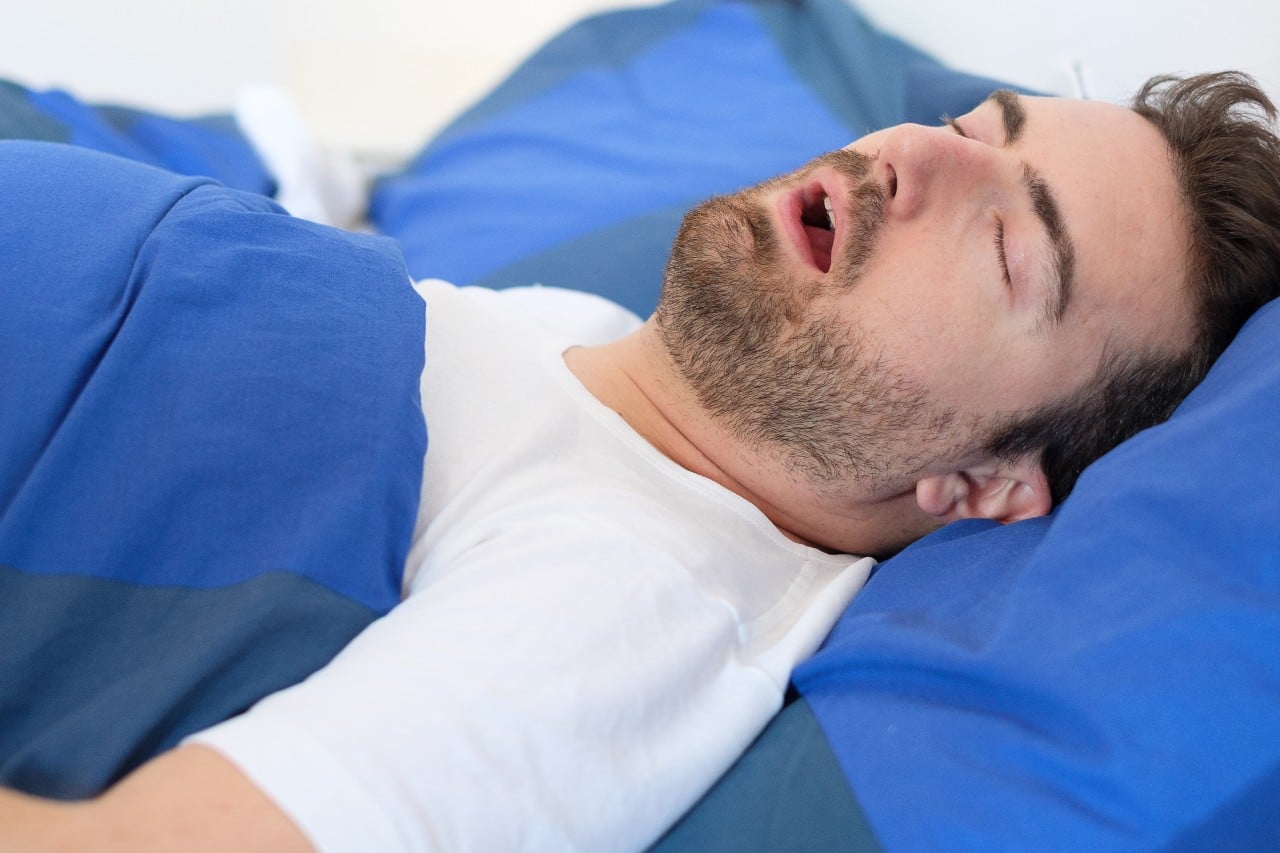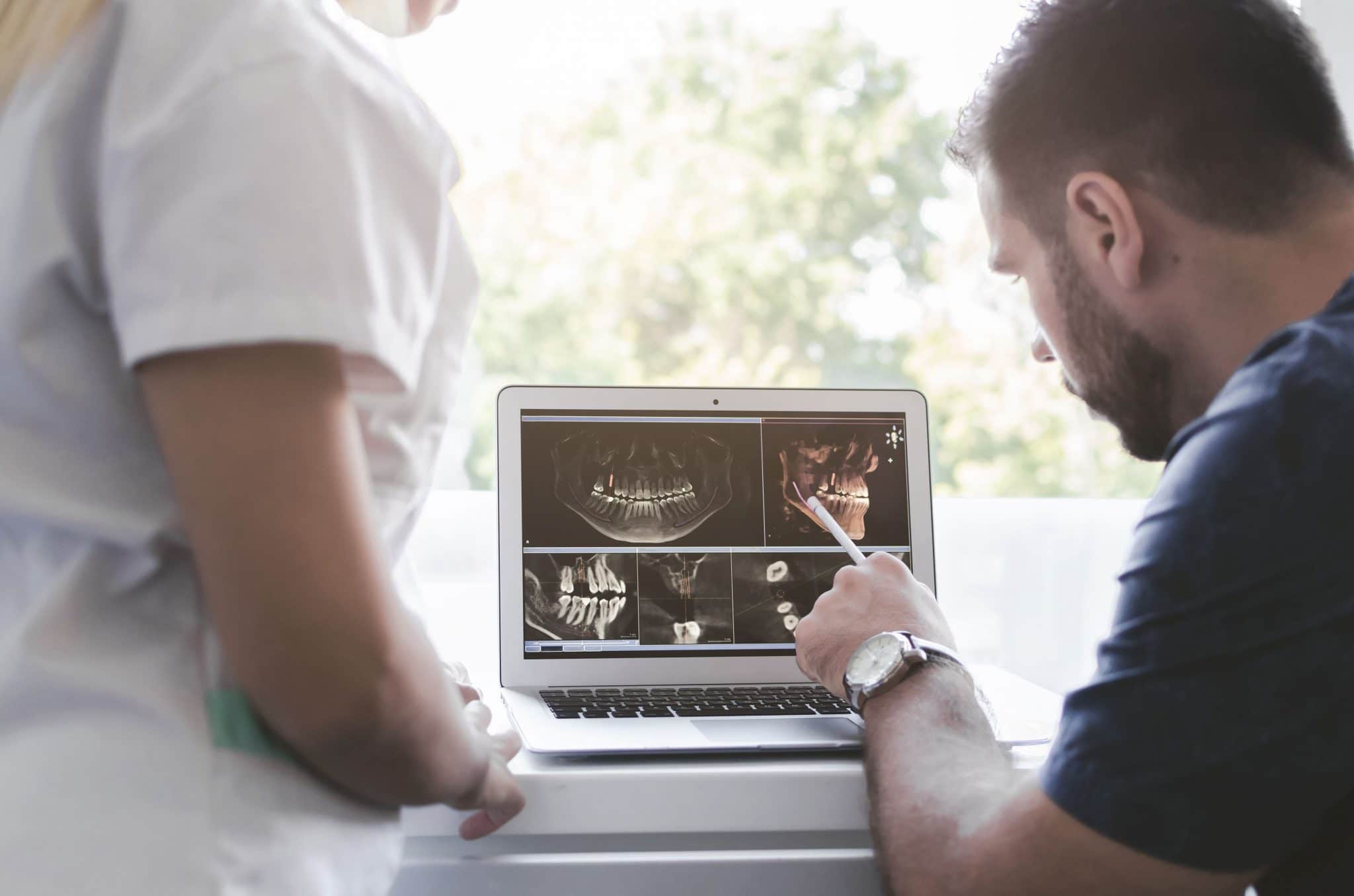Most often patients turn to jaw surgery to correct their appearance, or to improve speaking and chewing. Many don’t realize that jaw surgery can also help patients that suffer from obstructive sleep apnea.
Obstructive sleep apnea is when a patient stops breathing while sleeping and tends to gasp for air. This happens when the muscles and jaw bones aren’t working together to support the airway. Common symptoms of sleep apnea include fatigue, loud snoring, headache, and constantly feeling sleepy.
How Can Jaw Surgery Help And Who is a Good Candidate?
Jaw surgery can help patients and realigns the jaw and teeth. This opens up the airway and allows the patient to sleep soundly. Many patients wonder if they are a good candidate for jaw surgery. We recommend patients go through our consultation process which includes a detailed examination of your mouth, teeth, and jaw bones. Our team will take x-rays to evaluate the details of your jaw and mouth.
Common Factors That Indicate You Are a Good Candidate
- People suffering from sleep apnea
- Jaw deformities
- Underbite issues
- Other bite issues
- Jaw asymmetries
How Does Jaw Surgery Work?
Corrective jaw surgery is done using general anesthesia. During the surgery our doctor will make an incision in the gums and around the jaws. This gives access to the bones underneath. The bones are then repositioned appropriately using splints. Small plates or screws are used to stabilize the bones in place. The area is then stitched with dissolvable stiches.
If you suffer from sleep apnea, jaw surgery may be right for you. Many patients come back after surgery and rave about how their life has changed, and they can sleep peacefully.
What Can I Expect During Recovery?
After jaw surgery we typically require patients to stay overnight in the hospital. They then return home to recover and relax. We recommend patients follow a liquid diet for six weeks after the surgery. This will help the jaw and mouth to heal properly. Heavy lifting of anything is not recommended, and normal everyday tasks are perfectly fine.
After two weeks patients can begin light exercise, but should refrain from heavy exercise until six weeks after surgery.
What Can I Do To Prevent Sleep Apnea?
With sleep apnea weight is a common risk factor. We recommend patients exercise daily and eat a healthy diet. There are nonsurgical treatments such as the continuous positive airway pressure machine or CPAP mask to help limit symptoms. This is not a permanent solution, but another way for patients to alleviate symptoms at home.
Looking to Find Out How Jaw Surgery Can Benefit You?
If you suffer from sleep apnea and are interested in finding out how jaw surgery can benefit you, contract our office to schedule a consultation. Our detailed consultation process will allow our team to determine a treatment plan, and answer any questions you may have. Your health is our priority, let our team help get you on the road to better sleep.
To schedule your consultation please contact our office and our staff will be happy to assist you!



